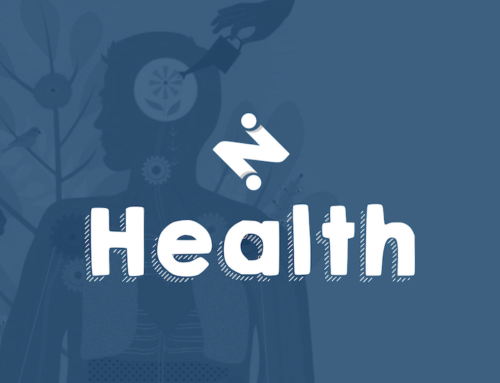Let’s start off by recapping where we left off in Part 1:
At the heart of our discussion lies the concept of wellbeing, a term defined by Oxford Languages as the state of being comfortable, healthy, or happy. To really grasp the essence of wellbeing, we first need to understand and define the broader notion of health. Our understanding of health has evolved over time as a society. Today, health is more than just the absence of disease; it involves the ability to adapt and navigate physical, social, and emotional challenges, while maintaining a dynamic equilibrium among physical, mental, emotional, social, and spiritual wellbeing.
While wellbeing and mental health share a deep connection, it’s important to recognize their distinct identities. Mental health is a crucial piece within the puzzle of overall wellbeing, and distinguishing between the two is important. The first key takeaway here is the interconnectedness of health, wellbeing, and personal performance. Tending to one aspect can inherently influence the others, creating a symbiotic relationship that fosters holistic wellness and improvement. As the saying goes, a rising tide raises all boats.
Putting it all together
Health and wellbeing are influenced by a myriad of factors, from genetics and environment to life experiences. If you’re still seeking clarity on how these concepts align, differ, and intertwine, let’s turn to some examples:
You might find yourself physically healthy, yet grappling with mental struggles. For instance, your physical fitness might be admirable, and chronic illnesses absent, but anxiety or depression might be your battle.
Conversely, mental health may be your strong suit, yet emotional wellbeing eludes you. You might excel at managing stress and handling challenging emotions, but lack a robust social support system or a genuine sense of belonging.
You could be in good physical, mental, and emotional health, yet your social wellbeing requires nurturing. While maintaining a balanced lifestyle and solid support network, you might still yearn for greater community engagement or a stronger sense of purpose.
In broad strokes, health tends to lean towards objectivity, quantifiable through markers like blood pressure, cortisone levels, sleep cycles, and much more. On the flip side, wellbeing takes on a more subjective nature, drawing from your emotions and personal perception of life. Nevertheless, wellbeing is a matter of genuine concern. It’s why we built this company.







